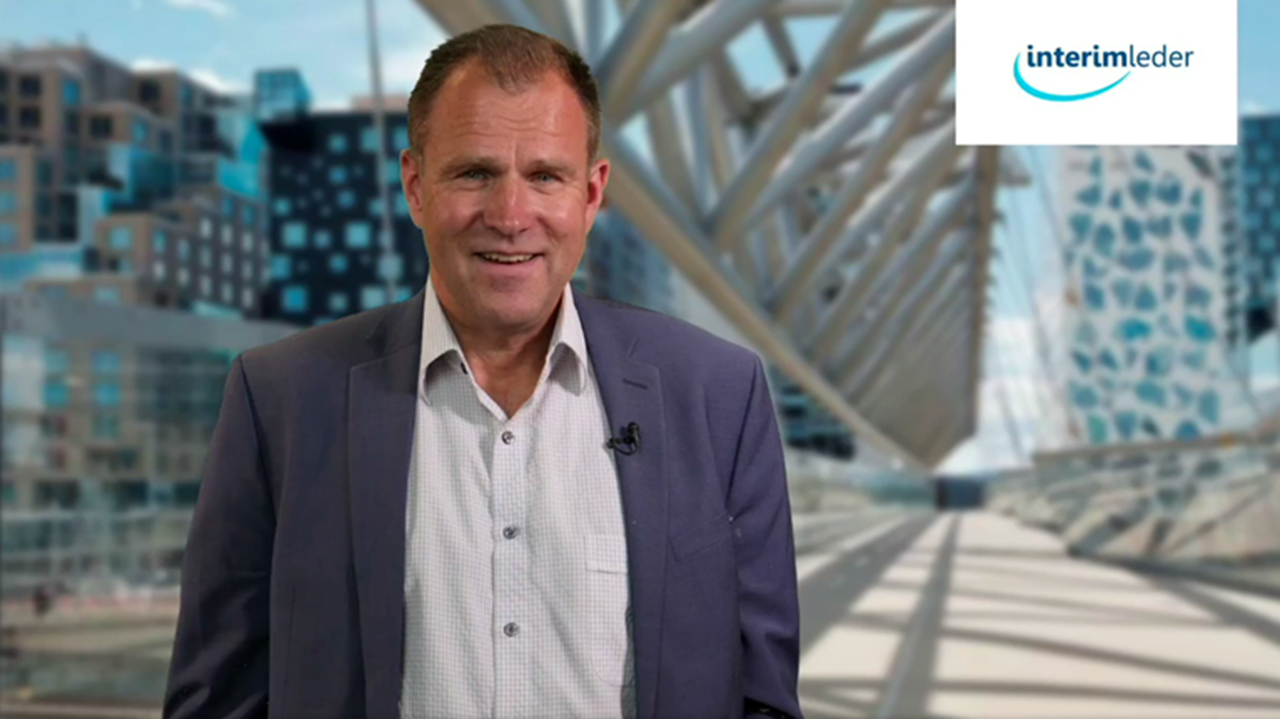"We have lost contact with SK686". My two colleagues from the SAS operation had burst into my office. I waited for a second for the relieving words "this is an exercise", but they never came.
The Linate accident in 2001
The date has stuck in my memory - Monday, October 8, 2001 – a short month after the Twin Towers fell in New York. That morning, 118 people lost their lives at the Linate Airport in Milan, Italy. There was heavy fog when SAS route 686, with 110 people on board en route to Kastrup, collided during departure with a Cessna with four people on board. The SAS plane crashed into a luggage hangar at the end of the runway, where another four died. The incident was due to human error and routine violations.
I did not know then, as I sat in the chair and met the gaze of my earnest colleagues.
All I could do was follow the procedure we had trained on. As Director of Airside Operations, I was responsible for 700 SAS employees, and now I hade many orders to place. I swung the chair around and pulled out the emergency manual of the bookshelf, with the list of everyone to contact.
Fortunately, we had trained on this earlier.
In the previous exercise, we had made test calls to all the phone numbers and corrected many that were wrong. We were prepared for a crisis like this. We had trained on everything – except what it's like to meet relatives who have lost their loved ones. You can never be well prepared for that.
The Linate accident was tragic, but we had trained on it. But what do you do in crises you have not trained on?
Related article: Be prepared! Risk thinking in the time of the corona
Each situation requires its type of leadership
If you prepare for the foreseen, you cope better with the unforeseen. However, when the going gets tough, you see what people are made of.
During Hell Week in the recon platoon, and other army manoeuvres I participated in, I observed that people fell into one of three categories; some became paralyzed, some complained about how terrible everything was, but some liked it. They may not have stood out positively in "peacetime," but now they were calm and action-oriented. These are the types of people who often take the lead in times of crisis.
Winston Churchill was one such leader – "inept" in peacetime, but superior in war.
So it is with managers. Some lead best in operation, with black numbers and "business as usual". Others lead best when they are on all fours in the mud, in the crossfire, with blood-red numbers - this is often the type of leadership we help companies obtain when we hire out interim leaders.
Each situation requires its type of leadership.
How to lead through the unforeseen
At the time of writing, we are in the early stages of the global Covid-19 pandemic. The horizon is foggy, it smells of bankruptcy, and the stock exchanges are collapsing. At the same time, this is the first pandemic that we can control - which is why many governments are acting so systematically taking measures most people regard as overly strict.
I think the Norwegian government has demonstrated model leadership. They have not acted hastily, but have taken the time to evaluate the situation and act systematically. They have established a crisis team and informed the public frequently as to which measures are being implemented, adjusting their actions based on the information they receive. The "crisis packages" being launched are an excellent example of how well our society is functioning.
The measures that are currently being implemented in different countries may not be the right ones. Measures in Sweden and the United Kingdom differ from those in Norway and Denmark. Of course, that will be judged in hindsight, but we must all line up and act in line with our national leadership. And we must communicate openly with them to allow adjustment of the course, if and when necessary. It's not over till it's over, so let us communicate openly and well, and methodically adjust the course when required.
We will come out stronger at the other end of the Korona epidemic. In the meantime, we roll up our sleeves and take turns – as long as we have to – with calm determination. It will take more than toughness and drive – When the going gets tough, the tough get going.
Vegard Rooth is CEO of Interimleder, the leading Norwegian provider of interim executive management services. He has completed a number of interim management assignments and has held temporary positions as CEO or other management roles for companies such as Abax, Advania, TeamUp Automasjon AS, VRS, Swisslog, ICA, Scanmar, Altia, Veolia and Nordic Aero. He was a central driving force in the establishment of the elite sports college Wang Toppidrett, and has also worked in sports through Olympiatoppen and Golden 4 (now Diamond League). He was educated at the Oslo School of Management, holds a Master of Management from the Norwegian Business School BI and has additional qualifications from Stanford University and University of Oxford.

– During Hell Week in the recon platoon, and other army manoeuvres I participated in, I observed that people fell into one of three categories; some became paralyzed, some complained about how terrible everything was, but some liked it. They may not have stood out positively in "peacetime," but now they were calm and action-oriented. These are the types of people who often take the lead in times of crisis.
